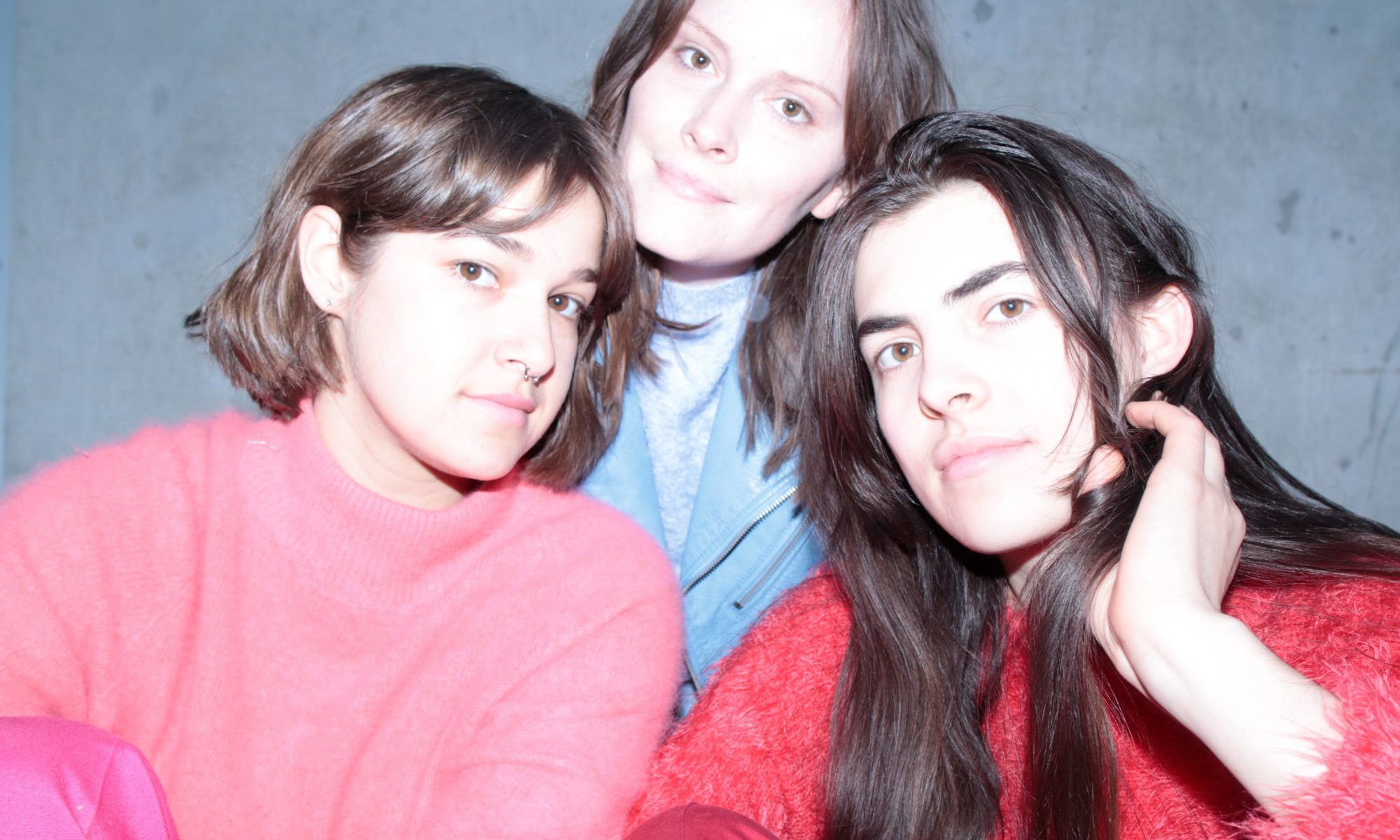By Whitney Light

“My songs are sad to the point where we joke about it all the time,” Amelia Curran says only half in jest. At the Winnipeg Folk Festival, where this interview happened, the Newfoundland native and Halifax-based singer-songwriter performed in a workshop called “Woe is Me” with some kindred musicians strumming tunes about heartbreak and hard luck. Whether she’s playing alone or with a five-piece band, Curran’s songs compellingly mix a comfy guitar with her seasoned and deliberate voice. A talented and practised creative writer, she released her first album, Barricade, in 2000 and her most recent, War Brides, received wide critical acclaim. Now Hunter Hunter, her second album with Six Shooter Records, is ready for release this September.
Stylus: Are you touring lots this summer?
Amelia Curran: I keep saying I’ll be folk festering all summer. I think the first festival was Kerrville, Texas, which was early in June and it’s been going ever since. They’re always the best shows.
Stylus: You’re onto album number five now. Did you tour much in the past?
AC: It’s mostly the last one [I toured]. I put it out independently in 2006, War Brides, and I would tour mostly on the East Coast or around Ontario by myself. And I don’t drive so I’d be on buses or trains, gallivanting around.
Stylus: When did you begin singing?
AC: I always sang. I’m an incessant hummer. [Laughs.] I took piano lessons as a kid and I played flute in the school band, and neither of those things are like riding a bike and I’ve since forgotten them, which is sad. I picked up guitar when I was a teenager, started writing songs pretty much right away. And there you have it. I don’t know where it comes from.
Stylus: So when did you know you wanted to pursue songwriting?
AC: Writing is the key thing for me. I’m less concerned about how I sound as a singer or if I can play a guitar solo or not. I also write poems and plays and I always have. So putting the writing into the form of music was just a really natural thing that happened. I was never bullied to do anything else with my life. And it just evolved and evolved and I went with the flow and now here I am.
Stylus: When did you play your first show?
AC: I was pretty young. I used to busk in downtown St. John’s and then started playing open mics and then started hosting open mics because I needed, you know, 50 bucks a week or whatever.
Stylus: Do you still write plays for fringe festivals?
AC: I do. It’s been years since I did a fringe festival but I may have one next year in Nova Scotia, at the Atlantic Fringe.
Stylus: Your album War Brides, that title has a nice ring to it, and you’re referring to the period of the Second World War. What was your inspiration there?
AC: It was an important time for Newfoundland, too. Honestly, I chose the title War Brides because I liked the sound of it. And then of course afterwards it starts to develop all these other meanings and hints. When you come up with a phrase or a line—it’s the same thing in writing—you think it’s going nowhere. But when you look back there are hints of why you came to a certain thing.
Stylus: And the albums you made before?
AC: The albums I made before War Brides were really sort of a path of just settling into myself and my sound and getting comfortable with my writing and comfortable in the career of it. So I look back and parts of it are embarrassing, parts of it you can hear an immaturity, in the early stuff. But I was gutsy, so I produced albums and put them out and sold them and played lots of shows. I’m much more cautious now with the writing. I’m much more of a critic now. And like anything else, the more hours you put in, the better you become at certain things. The other albums, they’re out of print partially because I can’t afford to keep up with them and also because [the music has] moved on from that person and that writer and that subject matter and it would be false to sell that with what I’m doing now.
Stylus: War Brides was released on Six Shooter Records. How did that affect you?
AC: I refer to it as a promotion. I have the same job, but I’m working more and finding more shows and more opportunities because of Six Shooter. So it’s a hell of a promotion, but that’s what it is. It’s not a glass slipper or a golden ticket, ’cause I worked independently for ten years or more and I have a really overwhelming sense of gratitude for Six Shooter.
Stylus: What’s Hunter Hunter about?
AC: It’s a vibe for the whole thing. It’s not a lyric or a title. It’s Hunter Hunter as a opposed to hunter-gatherer. This album is a little tougher than War Brides but it’s still minimal and a lot of those folky-sway songs. I haven’t gotten good at talking about it yet. [Laughs.]
Stylus: Do you see yourself staying Halifax?
AC: I think so. I want to move back to St. John’s sometime.
Stylus: What is the difference between those places?
AC: [St. John’s is] not easy to get to. St. John’s is the end of the road as far as the continent goes. Newfoundlanders are famous for being homesick and I haven’t shaken it in 10 years. I’m in no hurry to leave Halifax, but the time will come and everyone around me knows it. The next five years or so, when I’ll have to move back.

